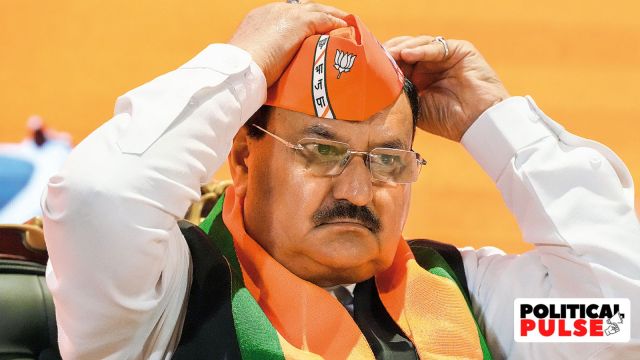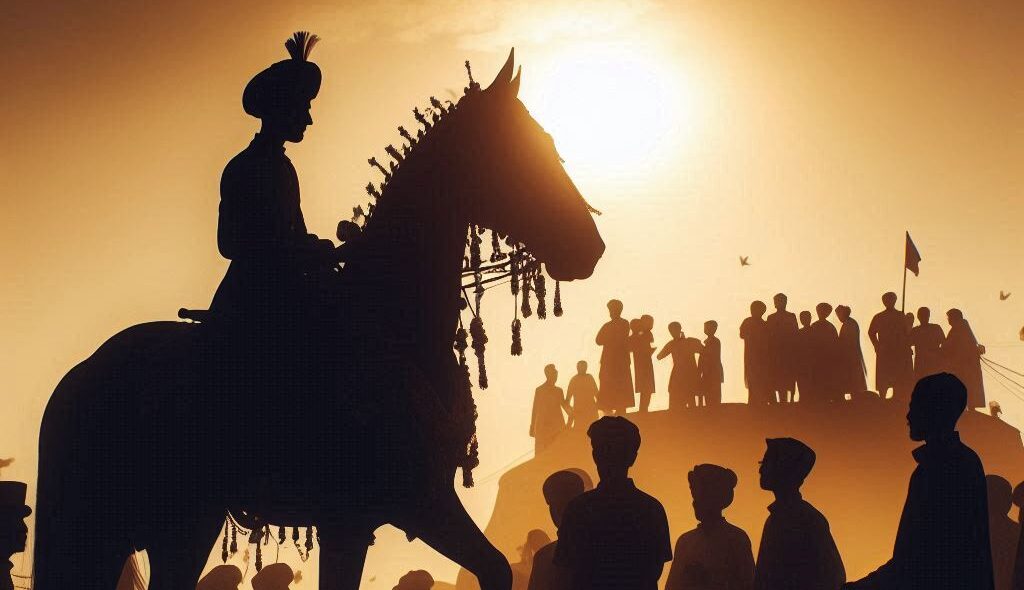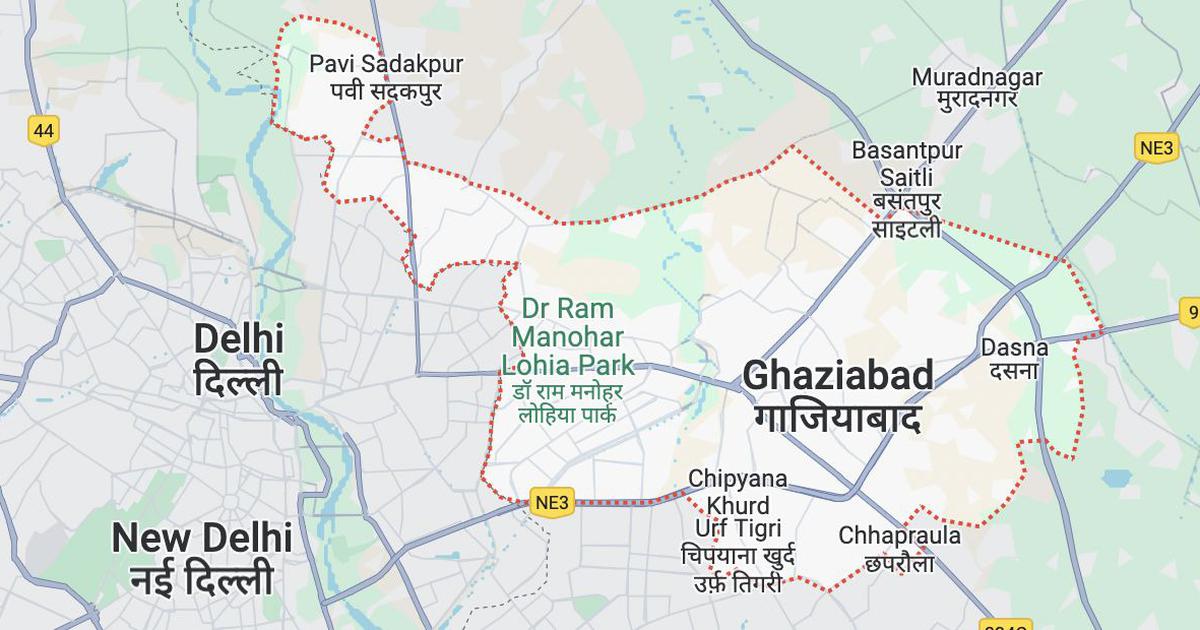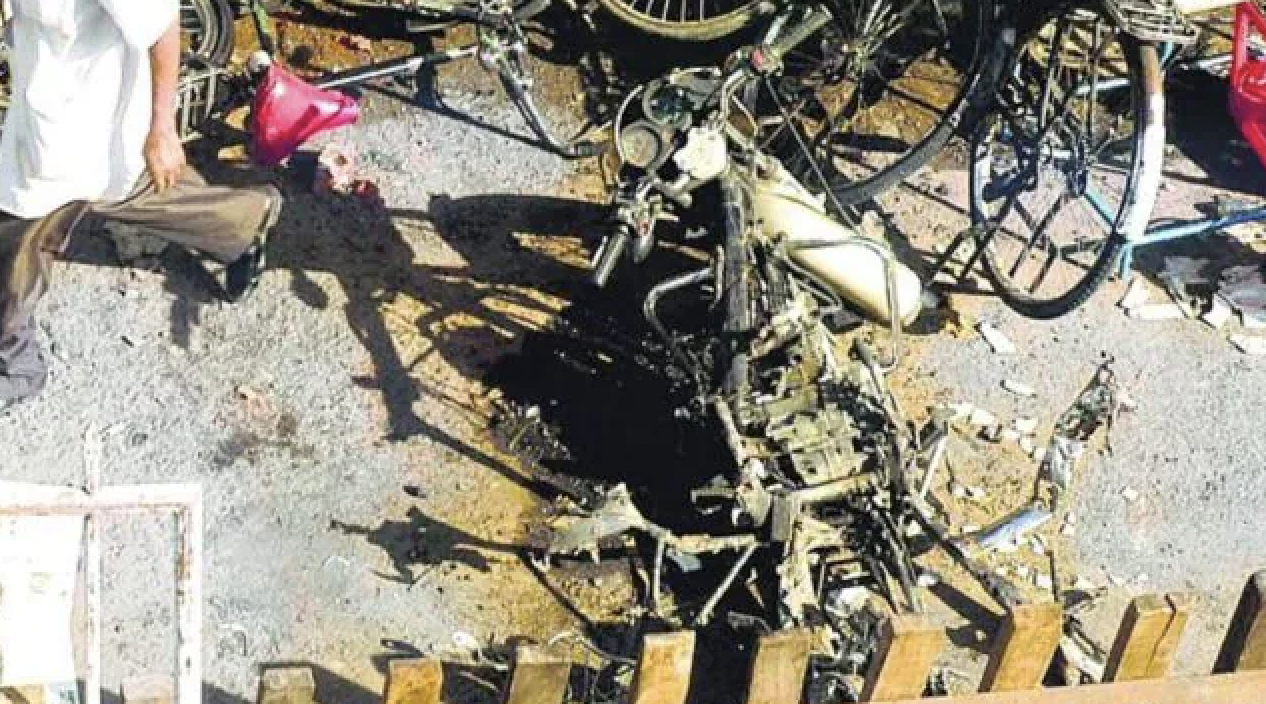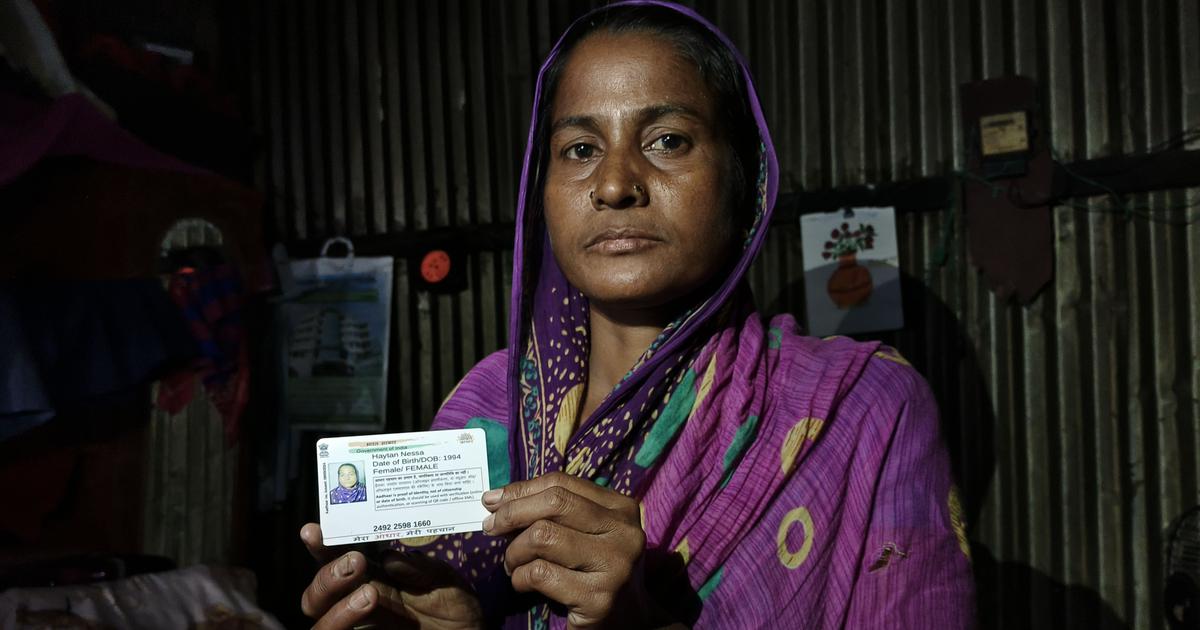
In 2018, Salima Begum, a 43-year-old domestic worker from Guwahati, found herself excluded from the draft of the National Register of Citizens in Assam.
The NRC was updated in Assam between 2015 and 2019 to identify undocumented immigrants in the state – a process supervised by the Supreme Court. The draft excluded 40 lakh people, who had submitted documents in support of their citizenship claims.
But Begum, like them, had a second chance to prove herself a citizen of India – by taking part in the claims and objection process.
While doing so, she submitted her biometric data to the state home department authorities. The data was captured with the help of the Unique Identification Authority of India, the statutory body that issues Aadhaar numbers.
Begum, an Assamese Muslim, made it to the final draft of the NRC. However, for five years, she could not get an Aadhaar card.
Without it, Begum was denied access to crucial welfare schemes – such as the state government programme that transfers Rs 1,250 every month to eligible women – microfinance loans, and even food rations. All of these needed her bank account to be linked to an Aadhaar number.
This story was originally published in scroll.in. Read the full story here.


